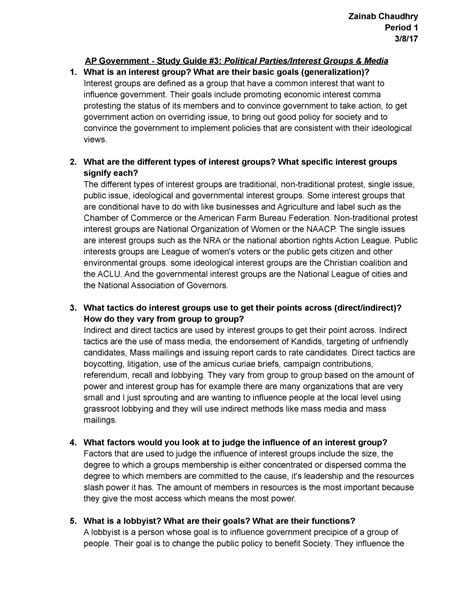Political parties, interest groups, and the media are key components of the American political system. They play a vital role in shaping public opinion, influencing government policy, and holding elected officials accountable.

Political Parties
Political parties are organizations that seek to elect candidates to public office. They develop platforms that outline their positions on key issues, and they mobilize their members to campaign for their candidates.
- There are two major political parties in the United States: the Democratic Party and the Republican Party.
- Third parties, such as the Libertarian Party and the Green Party, also exist, but they have much less influence.
-
Political parties serve several functions:
- They provide a way for citizens to express their political views.
- They help to organize and mobilize voters.
- They provide a forum for debate and discussion of public policy issues.
Interest Groups
Interest groups are organizations that represent the interests of a particular group of people. They seek to influence government policy in ways that benefit their members.
- There are thousands of interest groups in the United States, representing a wide range of interests, from business to labor to environmental protection.
- Interest groups use a variety of tactics to influence policy, including lobbying, campaign contributions, and public relations.
- Interest groups play a significant role in the American political system, but they can also be seen as a source of corruption and special interests.
The Media
The media plays a vital role in American democracy by providing information about government and politics. The media can influence public opinion, set the agenda for political debate, and hold elected officials accountable.
- The media in the United States is diverse, including newspapers, television, radio, and the internet.
- The media is protected by the First Amendment of the Constitution, which guarantees freedom of speech and the press.
- The media can be a powerful force for good, but it can also be biased and inaccurate.
Common Mistakes to Avoid
When studying political parties, interest groups, and the media, it is important to avoid the following common mistakes:
- Oversimplifying the role of political parties. Political parties are complex organizations with a variety of roles to play.
- Underestimating the influence of interest groups. Interest groups can have a significant impact on policy, even if they do not always get what they want.
- Assuming that the media is always objective. The media can be biased, and it is important to be aware of potential bias when consuming news and information.
How to Study Effectively
The best way to study for the AP Gov exam is to start early and review the material regularly. Here is a step-by-step approach:
- Read the textbook and take notes.
- Review your notes regularly.
- Practice answering essay questions.
- Take practice exams.
- Get a good night’s sleep before the exam.
Tables
The following tables provide a summary of key information about political parties, interest groups, and the media:
| Political Parties | Interest Groups | The Media |
|---|---|---|
| Two major parties: Democratic and Republican | Thousands of interest groups representing a wide range of interests | Diverse, including newspapers, television, radio, and the internet |
| Platforms outline party positions on issues | Use lobbying, campaign contributions, and public relations to influence policy | Protected by the First Amendment |
| Mobilize voters and provide a forum for debate | Can be seen as a source of corruption and special interests | Can be biased and inaccurate |
| Functions of Political Parties | Functions of Interest Groups | Functions of the Media |
|---|---|---|
| Express political views | Represent interests of members | Provide information about government and politics |
| Organize and mobilize voters | Influence government policy | Set agenda for political debate |
| Provide a forum for debate | Lobby elected officials | Hold elected officials accountable |
| Types of Interest Groups | Tactics Used by Interest Groups | Types of Media Outlets |
|---|---|---|
| Business | Lobbying | Newspapers |
| Labor | Campaign contributions | Television |
| Environmental protection | Public relations | Radio |
| Internet |
